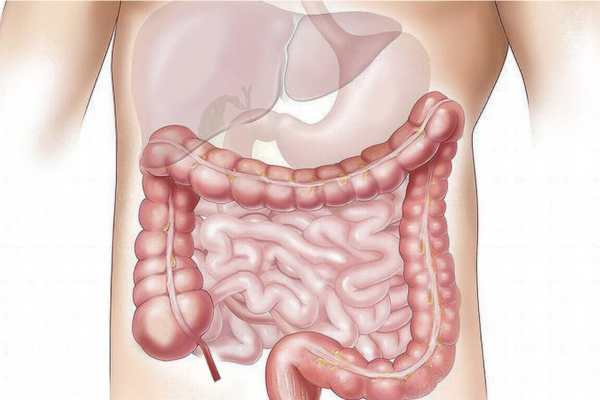- 7904139064 Call Us Now
- info@bowelcancerfoundation.org Email Us
Risk factor
Bowel cancer, also known as colorectal cancer, is the third most commonly diagnosed cancer worldwide. It affects both men and women, with an estimated 1 in 19 people being diagnosed with bowel cancer during their lifetime. While the exact causes of bowel cancer are not known, several factors can increase the risk of developing this disease.

Here are some of the most common risk factors for bowel cancer.
Age: One of the most significant risk factors for bowel cancer is age. The majority of bowel cancer cases occur in people aged 50 years or older, and the risk of developing bowel cancer increases as people get older. More than 90% of bowel cancer cases are diagnosed in people over the age of 50.


Family History: Having a family history of bowel cancer can also increase the risk of developing the disease. This is especially true if a close relative (such as a parent, sibling, or child) has had bowel cancer before the age of 50. If you have a family history of bowel cancer, it’s essential to talk to your doctor about appropriate screening and monitoring.
Inherited Genetic: Syndromes Some people inherit genetic mutations that increase the risk of developing bowel cancer. For example, Lynch syndrome is an inherited condition that affects about 1 in 300 people and increases the risk of developing bowel cancer, as well as other types of cancer, such as endometrial, ovarian, and stomach cancer. Another inherited condition is familial adenomatous polyposis (FAP), which causes numerous polyps to form in the colon and rectum, leading to a high risk of bowel cancer.


Personal Medical History: If you’ve had bowel cancer before, you’re at an increased risk of developing the disease again. Additionally, having a history of other types of cancer (such as ovarian or endometrial cancer) can also increase the risk of bowel cancer.
Inflammatory Bowel Disease (IBD) : People with inflammatory bowel disease (IBD) have a higher risk of developing bowel cancer than the general population. IBD refers to chronic conditions that cause inflammation in the digestive tract, such as ulcerative colitis and Crohn’s disease. People with IBD are recommended to undergo regular colonoscopies to screen for bowel cancer.


Unhealthy Lifestyle: Several unhealthy lifestyle factors can increase the risk of developing bowel cancer. These include:
- A diet high in red and processed meat: Eating a diet high in red meat (such as beef, pork, and lamb) and processed meat (such as bacon, sausage, and deli meats) can increase the risk of bowel cancer.
- Lack of physical activity: Being inactive can increase the risk of developing bowel cancer.
- Being overweight or obese: Being overweight or obese can increase the risk of developing bowel cancer.
- Smoking: Smoking can increase the risk of developing bowel cancer.
- Type 2 Diabetes People with type 2 diabetes have an increased risk of developing bowel cancer. This may be due to a combination of factors, such as high insulin levels and chronic inflammation.
While some risk factors for bowel cancer, such as age and family history, cannot be changed, several lifestyle factors can be modified to reduce the risk of developing the disease. Maintaining a healthy diet and lifestyle, undergoing appropriate screening and monitoring, and being aware of the symptoms of bowel cancer are all crucial in reducing the risk of developing this disease. If you’re concerned about your risk of developing bowel cancer, talk to your doctor about appropriate screening and monitoring
